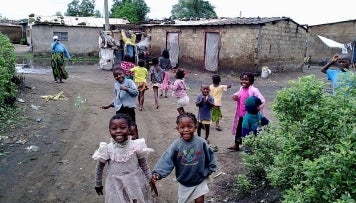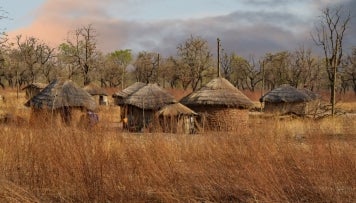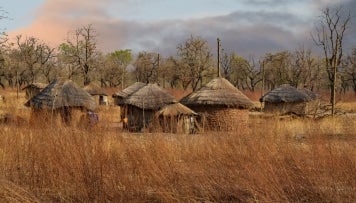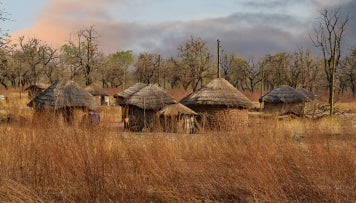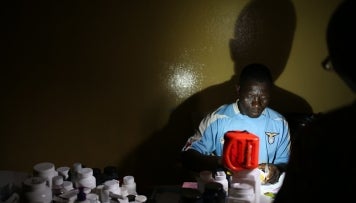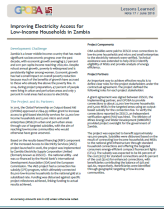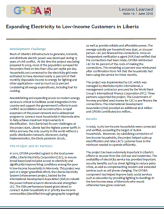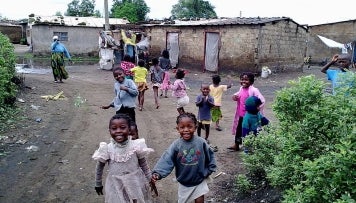
Washington, August 7, 2014 – The World Bank, acting as administrator for the Global Partnership on Output-Based Aid (GPOBA), has received a supplemental contribution of US$5.8 million (SEK 38,500,000) from the Swedish International Development Cooperation Agency (Sida) to extend electricity access to approximately 22,000 low-income households and 5,000 micro and small enterprises in select urban and peri-urban areas in the Republic of Zambia. This will be the first GPOBA project in Zambia, and it is designed to bring electricity to 140,000 beneficiaries.
“By supporting this project, we hope to contribute to improved living standards for people living in low income households in Zambia, said Lena Ingelstam, head of department for Partnership and Innovation at Sida. The project will empower them to start up and run small businesses, thereby contributing to the creation of job opportunities in Zambia.”
The project supports the government of Zambia’s goal to increase the national electricity access rate to about 66 percent by 2030. Nationwide, only one in four Zambians have an electricity connection, and the high cost of connection often prevents the poor from being able to access electricity service.
“This project, supported by Sida funding, will provide subsidies for electricity connections in targeted areas,” said Carmen Nonay, GPOBA Manager. “This is the first time GPOBA has conducted an output-based aid project in Zambia, and it will bring electricity to poor households, and to micro and small businesses like tailors, hairdressers, barbers, and carpenters.”
Output-based aid, a form of results-based financing, is different from traditional aid and offers new approaches for funding projects in developing countries. In the case of Zambia, it will provide subsidies to the utility company after the electricity connection is established and independently verified. The Sida contribution builds on the Increased Access to Electricity Services (IAES) project, implemented by the national utility ZESCO and co-financed by the World Bank Group and the European Commission.
“This project allows us to build on our experience and support new programs for wider access to electricity services, “said Kundhavi Kadiresan, country director for the World Bank Group in Zambia. “In the fight against poverty in Zambia the condition of women needs particular attention. I am pleased that the project will allow women from low income households to access electricity and use it for improving their status and livelihoods.”
In December 2012, Sida added a $26.8 million contribution -- nearly doubling its total share of GPOBA funds.
Full Press Release
